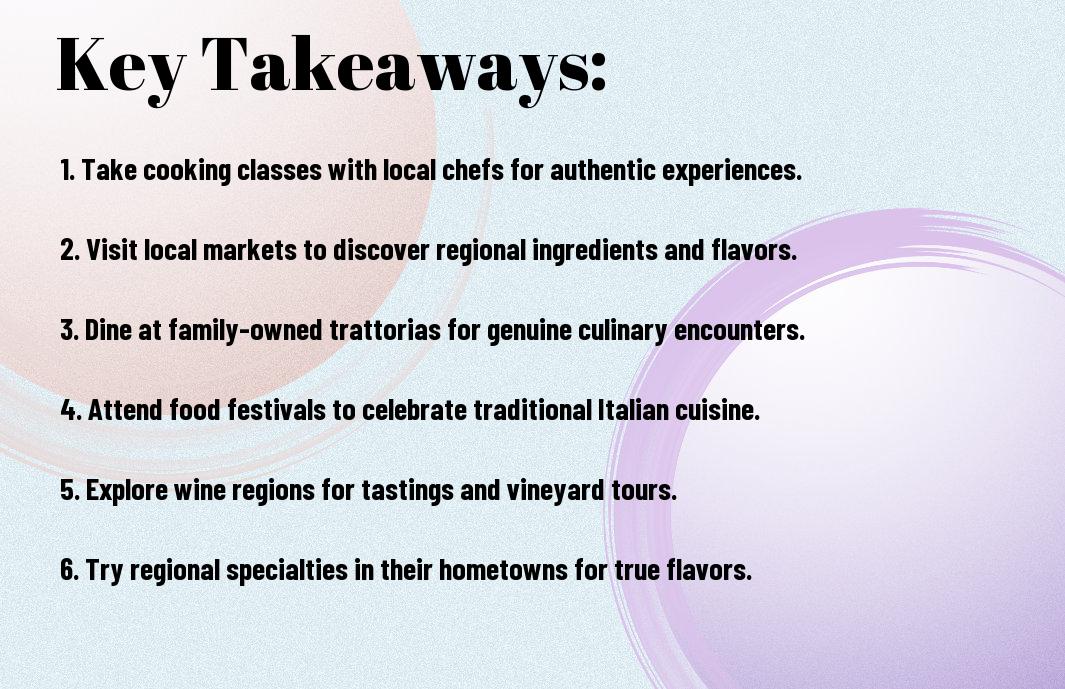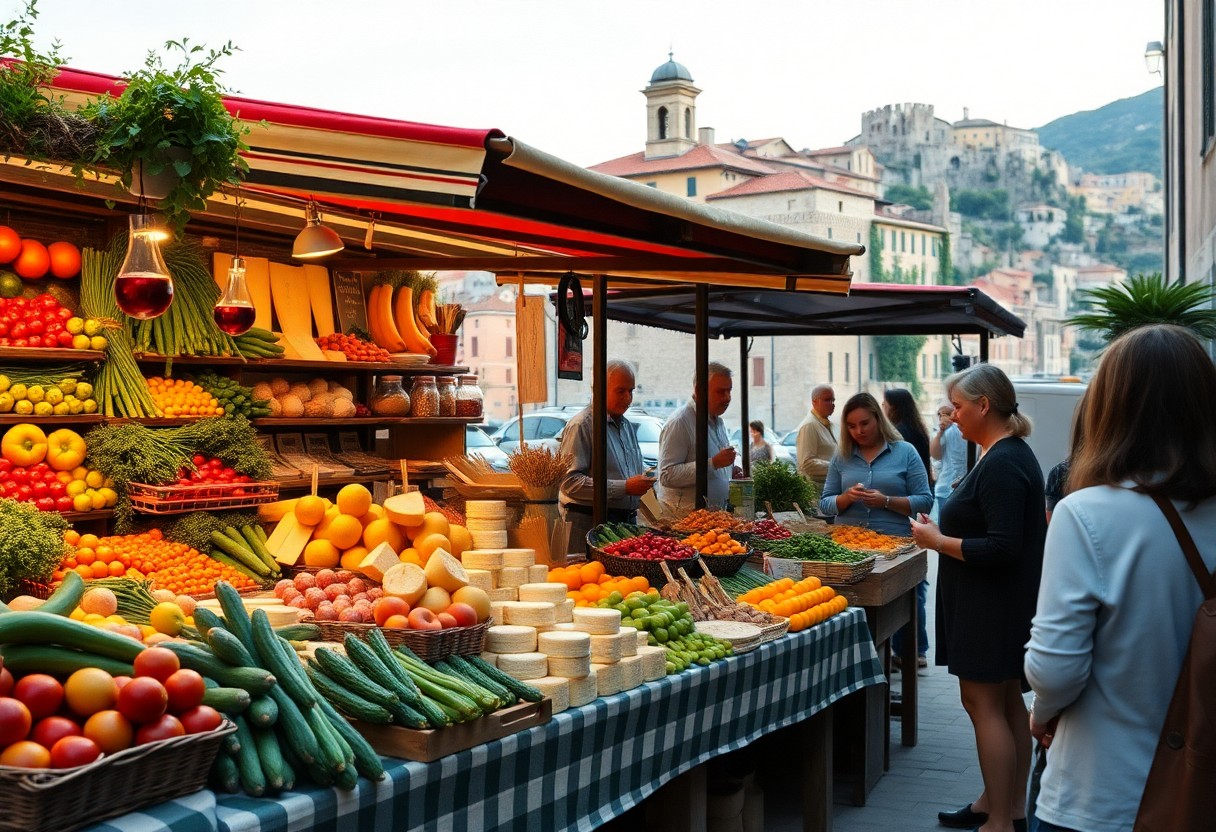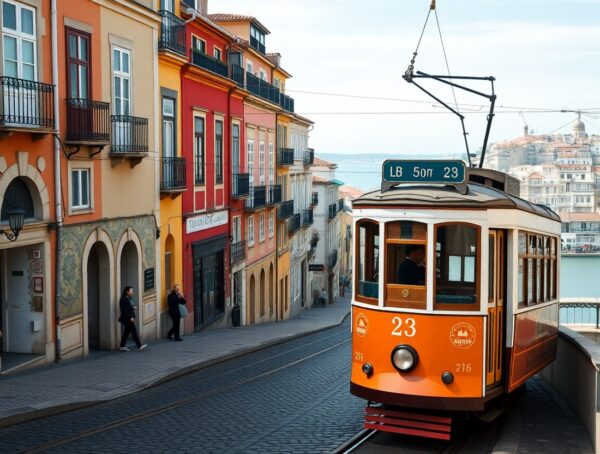Just envision stepping into a vibrant piazza, savoring a traditional dish, and discovering the rich history of Italian cuisine. By embracing culinary travel tips, you can immerse yourself in the authentic flavors and traditions of Italy. From local markets to cooking classes, each experience enhances your understanding of Italian culture and its regional diversity. Follow this guide to elevate your journey, ensuring you taste not only the food but also the essence of Italy itself.


Understanding Italian Cuisine
Your journey into Italian culture begins with appreciating its rich and diverse cuisine, which reflects the country’s history, traditions, and regional diversity. Italian cuisine is characterized by its emphasis on fresh, quality ingredients and time-honored cooking techniques. By understanding its foundational elements, you will gain a deeper appreciation for the meals you savor and the stories they tell.
Regional Variations
Before stepping into Italian cuisine, it’s vital to recognize the regional variations that define its authenticity. Each region offers unique flavors and dishes, influenced by local ingredients, historical influences, and climate. For instance, while pasta plays a central role in the north, the south favors fresh seafood and vibrant tomato-based sauces. Acknowledging these differences will enrich your culinary experience as you explore Italy.
Traditional Ingredients
Italian cuisine is built on a foundation of traditional ingredients that elevate every dish.
Due to the country’s unique climate and geography, you’ll find a wide array of ingredients, from fresh herbs and high-quality olive oil to artisan cheeses and cured meats. Staples such as tomatoes, garlic, and grains like risotto and polenta are vital for creating authentic Italian flavors. By familiarizing yourself with these traditional ingredients, you will better appreciate how they come together to form the heart of Italian culinary culture, whether enjoyed at a rustic trattoria or in the comfort of your own kitchen.
Culinary Travel Tips
One way to enhance your Italian culinary journey is by following these tips:
- Engage with locals for authentic experiences.
- Try regional specialties unique to each area.
- Take cooking classes to learn traditional techniques.
- Be open to street food for a true taste of Italian culture.
- Visit vineyards and olive oil farms to understand the production process.
Assume that with these approaches, your culinary adventure will be both educational and delicious.
Choosing the Right Destinations
Around Italy, diverse regions each boast unique culinary traditions. Focus on areas like Emilia-Romagna for pasta, Tuscany for wine, and Campania for pizza. Tailor your itinerary to explore local delicacies and culinary landmarks in these regions. This targeted approach will enhance your understanding of Italy’s rich gastronomic heritage.
Local Markets and Food Tours
Along your journey, visiting local markets and joining food tours will deepen your connection to Italian cuisine. You’ll discover seasonal ingredients, traditional cooking methods, and the stories behind the dishes.
Right in the heart of vibrant towns, local markets are a treasure trove of fresh produce, artisanal products, and local specialties. Participating in food tours allows you to stroll through these markets, learn about regional offerings, and sample delicacies from street vendors and small eateries. Through this hands-on experience, you not only broaden your palate but also gain insights into Italy’s culinary traditions, connecting more deeply with its culture.
Cooking Classes and Workshops
To fully embrace Italian culture, enroll in cooking classes and workshops where you can learn authentic techniques and recipes. These hands-on experiences not only deepen your culinary skills but also provide insight into traditional Italian cooking methods. For an extensive overview, check out The Ultimate Guide to Italian Cuisine. You’ll be surprised at how much more you can appreciate the cuisine by engaging directly with the process.
Hands-on Experience
Along with theory, the hands-on experience in these classes is invaluable. You’ll have the opportunity to knead pasta dough, chop fresh herbs, and create sauces from scratch, allowing you to experience the joy of preparing traditional dishes. These practical lessons bring the flavors of Italy to life and enable you to bring a piece of Italy back home with you.
Learning from Local Chefs
About the learning experience, local chefs bring their unique styles and family recipes to the table. By engaging with these culinary experts, you gain insight into their personal cooking philosophies and regional specialties. It’s an enriching opportunity to uncover the secrets behind iconic dishes and regional variations that define Italian cuisine.
To truly appreciate Italian cooking, immerse yourself in the wisdom of local chefs. They not only teach you techniques but also share stories behind each dish, elevating your culinary journey. You’ll gain insight into selecting the best ingredients, understanding flavor combinations, and even exploring the cultural significance of various meals, enriching your culinary repertoire and connecting you more deeply with Italy’s gastronomic heritage.
Dining Etiquette in Italy
After you arrive in Italy, understanding dining etiquette will enhance your culinary experience. Italians take their meals seriously, and the way you conduct yourself at the table reflects your respect for their culture. Begin with a warm greeting, and as you sit down, try to maintain a pleasant demeanor. Make sure to appreciate the food, as Italians express pride in their culinary traditions. Tipping is not mandatory but rounding up the bill or leaving small change is appreciated to acknowledge good service.
Meal Structure and Customs
Across Italy, meals follow a structured progression, typically beginning with antipasti (appetizers), followed by pasta, a main course (secondi), and concluding with dessert. Lunch is often the most significant meal of the day, while dinner holds a more social atmosphere. Italians may linger at the table, appreciating both food and company, so be prepared to enjoy your meal at a leisurely pace.
Wine Pairing and Coffee Culture
Customs surrounding wine and coffee in Italy are deeply ingrained in the culture. Italians carefully select wine to accompany each course, considering flavors and regions. Generally, red wines are paired with meat, while white wines complement seafood and lighter dishes. In terms of coffee, you may notice that sipping a cappuccino is reserved for mornings, whereas espresso is favored throughout the day. Embrace these norms to enhance your culinary adventure.
The choice of wine and the ritual of coffee are not just about taste; they reflect the Italian zest for life. Explore local wine varieties that harmonize with your dishes and pay attention to regional specialties. As you enjoy your meal, indulge in the pleasure of having a well-made espresso at the end, but skip the milk-based drinks post-lunch to align with local preferences. This thoughtful approach not only enriches your dining experience but also allows you to connect more authentically with Italian culture.
Exploring Italian Food Festivals
All throughout Italy, food festivals provide a vibrant window into the country’s rich culinary heritage. These lively events, often held in picturesque towns, celebrate regional specialties, fresh ingredients, and traditional cooking methods. By planning your travel around these festivals, you not only indulge in mouthwatering dishes, but you also engage directly with local culture and community, making your culinary journey truly unforgettable.
Seasonal Celebrations
By taking part in seasonal celebrations, you can experience the array of flavors that each time of year brings. Events like the Truffle Festival in Alba during autumn showcase the region’s unique ingredients, while summer events often spotlight fresh produce and local wines. These seasonal gatherings allow you to taste dishes made with ingredients at their peak, connecting you with the land and its bounty.
Unique Culinary Events
On the other hand, unique culinary events can offer you a deeper insight into specific food traditions that may be lesser-known. Many of these events focus on local specialties like the Sagra della Salsiccia (Sausage Festival) in Umbria or the Feast of Saint Joseph, where you can taste traditional sweets made with local recipes. These gatherings not only highlight local cuisine but also foster community pride and celebration.
With a diverse range of unique culinary events happening across the country, you have the opportunity to immerse yourself in authentic Italian food culture. These occasions often feature cooking demos, workshops, and tastings led by local chefs, enriching your understanding of Italian gastronomy. Engaging with local artisans and home cooks provides you with first-hand knowledge, allowing you to savor not just the flavor, but also the stories behind the dishes. This is a wonderful way to enhance your culinary repertoire while enjoying the warmth of Italian hospitality.
Connecting with Locals
Now, to truly immerse yourself in Italian culture, engaging with locals is vital. Seek opportunities to participate in communal events or gatherings, where you can learn about regional cuisine while building friendships. By interacting with the residents, you’ll gain insights into their traditions and cooking techniques, enriching your travel experience. Sharing meals and enjoying conversations with locals transforms the culinary journey into a heartfelt exchange, making it not just about food, but about the bonds you create along the way.
Home-Cooked Meals
About experiencing Italian culture through home-cooked meals offers a personal touch that restaurants cannot match. You can sign up for cooking classes in locals’ kitchens where you will prepare traditional dishes using family recipes passed down through generations. These intimate gatherings not only allow you to taste authentic flavors but also foster connections with the hosts who share their culinary stories over a shared table.
Food as a Cultural Exchange
Connecting with locals through food becomes a rich cultural exchange that enhances your travel experience. You’ll find that every dish has its own story and significance, crafted by the hands of those who cherish their culinary heritage. Sharing a meal allows you to understand local customs and traditions, creating a genuine connection that goes beyond mere sustenance.
Food serves as a bridge between cultures, allowing you to engage in meaningful dialogues with local chefs and home cooks. As you savor each bite, you’ll discover the history and narratives woven into the dishes, and conversing around the meal will invite you into the personal stories of your local hosts. Through these shared culinary experiences, you not only indulge in flavors but also gain a deeper appreciation for the cultural fabric that makes Italy unique.
Final Words
With these considerations, you can deeply immerse yourself in Italian culture through culinary travel. Explore local markets, take cooking classes, and savor regional specialties to connect with the authentic flavors of Italy. Engage with locals and share meals to gain insights into their traditions and lifestyles. By enjoying food in its cultural context, you elevate your travel experience, making it rich and meaningful. Use these culinary travel tips to enhance your journey and create lasting memories that celebrate the heart and soul of Italy.
You might also like
More from Travel Tips
Dating Etiquette – Do’s and Don’ts for Modern Romantics
Dating can be a thrilling yet challenging experience, and knowing the right etiquette can significantly enhance your romantic endeavors. To …
Keywords – Dating Etiquette, Relationship Advice, Romantic Tips
Many individuals struggle with the complexities of modern dating. Navigating dating etiquette can feel overwhelming, yet it is important for …






